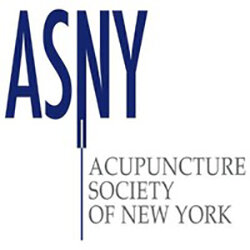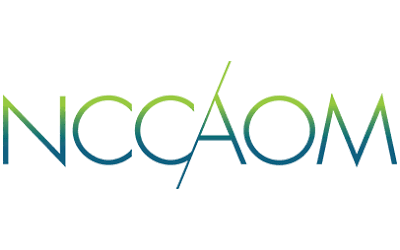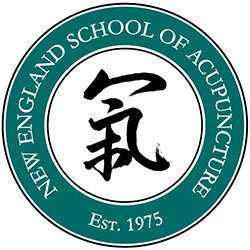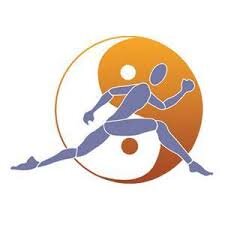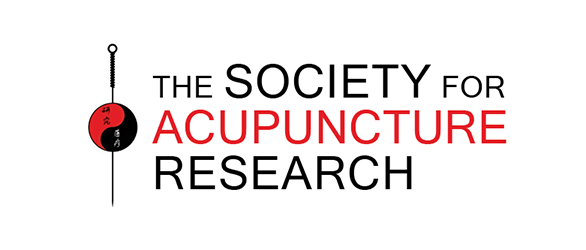How to manage fibromyalgia holistically without the use of opioids.
/According to the CDC, approximately 4 million or 2-6% of adults are affected by fibromyalgia. Fibromyalgia disproportionately affects women making up 90% of the cases.
How is fibromyalgia diagnosed?
Until recently fibromyalgia was almost impossible to “diagnose”, because it is represented by pain all over the body and can mimic inflammatory conditions such as rheumatoid arthritis, lupus, and Lyme. It is a pain condition that can also accompany other illnesses which makes the diagnosis complicated. The pain experience can range from severe to diffuse.
How it is diagnosed is usually by excluding other illnesses that have more definitive test confirmations. Research now shows that there are markers in the blood that they believe can help identify fibromyalgia and other rheumatic conditions. What we also know is that there are specific tender points also known as trigger points that are present in pairs on both sides of the body. These tender points were considered key to having a diagnosis of fibromyalgia.
What we do know about fibromyalgia is that it is an inflammation of the connective tissue as well as the muscle tissue. For some people suffering from fibromyalgia, they may experience more connective tissue pain versus muscle pain.
Studies show that psychological stress plays a role in pain and is linked with fibromyalgia and rheumatoid arthritis. In addition, hormonal fluctuations are associated with pain severity with fibromyalgia and can explain why women are more affected with pain conditions.
Treating fibromyalgia holistically without opioids:
Cultivating a balanced lifestyle, and managing stress and stress hormones can help prevent and mitigate pain flare-ups.
Acupuncture is one of the best ways to treat patients with fibromyalgia and studies show that they do feel better when getting treated. Patients with fibromyalgia often experience additional symptoms such as poor sleep, fatigue, and mental fogginess. Their symptoms or flair-ups are often after stressful events or taking on too much. Acupuncture can:
Help to reset the nervous system and release endorphins, “feel good” chemicals.
It improves blood circulation and lymph flow so that inflammations can be
Improves quality of sleep
Relieves stress
Improves immune function
Acupressure: Instead of needling you can press points that will help to relieve pain. Studies show that this is effective for fibromyalgia pain and can be part of self-treatment.
Yoga or Tai Chi: gentle movement and breathing help to strengthen the mind-body connection.
Meditation: Helps strengthen the mind-body connections and relieve stress
Massage therapy: gentle massage can help with muscle tension and relieve stress, it also stimulates the rest and digestion states.
Essential oils: Lavender is one of the most effective essential oils for relaxation and for relieving pain. It is also effective for relieving anxiety.
Avoiding sugar and junk food: sugar is acidic and causes inflammation, junk food is processed with lots of chemicals and that are harder for the body to process and can cause a drop in high and low energy and fuzzy thinking. Make sure you can eat regularly and clean and adopt an anti-inflammatory diet, so that the body is supported and you don’t go for the sugar.
Avoiding gluten: at least 80% of the population has sensitivity to gluten. This can cause systemic inflammation in the body.
Research shows Turmeric and Ashwagandha relieve inflammation in arthritis, joint pain, and rheumatoid arthritis.












